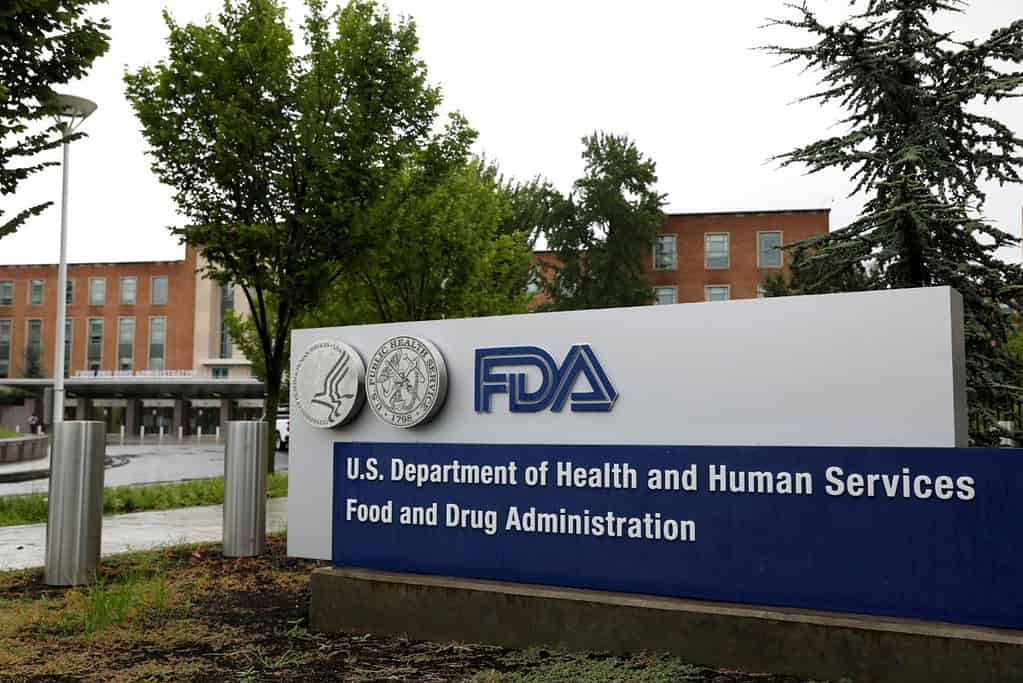In a landmark decision, the U.S. Food and Drug Administration (FDA) has given the green light to Lenmeldy (atidarsagene autotemcel), marking a significant breakthrough as the inaugural FDA-sanctioned gene therapy for children grappling with metachromatic leukodystrophy (MLD).
MLD is a rare genetic disorder that makes people unable to function properly. It affects the brain and nervous system and is caused by a lack of the enzyme arylsulfatase A (ARSA), which causes sulfatides to build up in cells. The condition culminates in a catastrophic cascade of cognitive and motor function deterioration, often resulting in premature death. With an incidence rate of one in every 40,000 people in the United States, MLD has long been devoid of a cure, with treatment protocols predominantly centered around palliative care.
“This is a monumental moment for children afflicted by this rare genetic affliction,” remarked Dr. Peter Marks, Director of the FDA’s Center for Biologics Evaluation and Research (CBER). “Our commitment remains steadfast in fostering scientific and regulatory frameworks that expedite the development and evaluation of safe, efficacious, and innovative therapies capable of catalyzing transformative change in patients’ lives.”
By crafting a bespoke, one-time, individualized single-dose infusion from the patient’s own hematopoietic (blood) stem cells (HSCs), genetically augmented with functional copies of the ARSA gene, Lenmeldy heralds a paradigm shift in treatment modalities. Following stem cell collection and genetic modification, the modified cells are reintroduced into the patient’s system, where they are engrafted within the bone marrow. These genetically modified stem cells give the body myeloid (immune) cells that make the ARSA enzyme. This enzyme helps break down sulfatides and might stop the progression of MLD. Nevertheless, prior to Lenmeldy administration, patients must undergo high-dose chemotherapy to purge the bone marrow, paving the way for the infusion of modified cells.
“MLD exacts a devastating toll on patients and their families, profoundly impacting their quality of life. Advancements in therapeutic interventions offer a glimmer of hope for improved prognoses and the potential to alter the trajectory of disease progression,” remarked Dr. Nicole Verdun, Director of the Office of Therapeutic Products at CBER. “This approval underscores pivotal progress in the advancement and accessibility of effective treatments, including gene therapies, for rare diseases.”
The safety and efficacy of Lenmeldy were rigorously evaluated based on data gleaned from 37 children enrolled in two single-arm, open-label clinical trials alongside an expanded access program. Notably, children administered Lenmeldy exhibited a markedly reduced risk of severe motor impairment or death in comparison to their untreated counterparts. Encouragingly, all children with pre-symptomatic late infantile MLD who received Lenmeldy survived to the age of six, contrasting with a mere 58% survival rate in the untreated cohort. Furthermore, at the age of five, 71% of treated children achieved independent ambulation, while 85% demonstrated normal language and performance IQ scores—a phenomenon unprecedented in untreated children. Children with pre-symptomatic early juvenile and early symptomatic early juvenile MLD showed slowed disease progression in terms of cognitive and/or motor impairment.
Despite these promising outcomes, Lenmeldy does entail certain side effects, with fever and a low white blood cell count constituting the most common adverse reactions. Notable risks include the formation of blood clots, encephalitis, and a potential predisposition to blood cancer. However, no documented cases of blood cancer have occurred in patients treated with Lenmeldy thus far. So, people who get this new therapy need to be checked for hematologic cancers for the rest of their lives. This should be done regularly with full blood counts and analyses of the integration site.
The FDA expedited the approval of Lenmeldy by using designations such as Priority Review, Orphan Drug, Rare Pediatric Disease, and Regenerative Medicine Advanced Therapy (RMAT).
Orchard Therapeutics spearheaded the development and subsequent FDA endorsement of Lenmeldy, marking a pivotal stride forward in the crusade against rare genetic disorders. As the medical landscape continues to evolve, Lenmeldy stands as a beacon of hope for children grappling with the relentless onslaught of metachromatic leukodystrophy, heralding a new dawn in therapeutic innovation.



